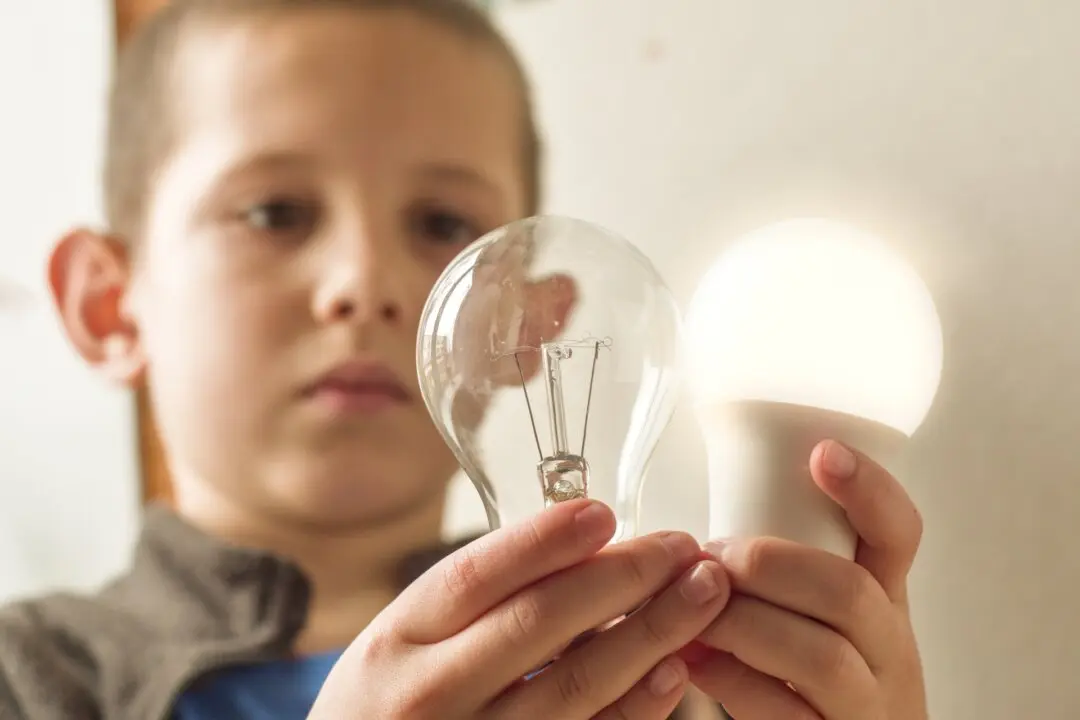Don’t assume your kids are going to learn in school how to manage money well. There is a growing recognition for the need, but few children are lucky enough to learn about money matters in school. If you have kids, teaching them about money rests squarely on your shoulders. So, how are you doing with that? Don’t know where to start? Today, I’ve prepared an important but simple lesson for you to teach to them.
The secret to reaching your goals in life is to make good choices with your money.





